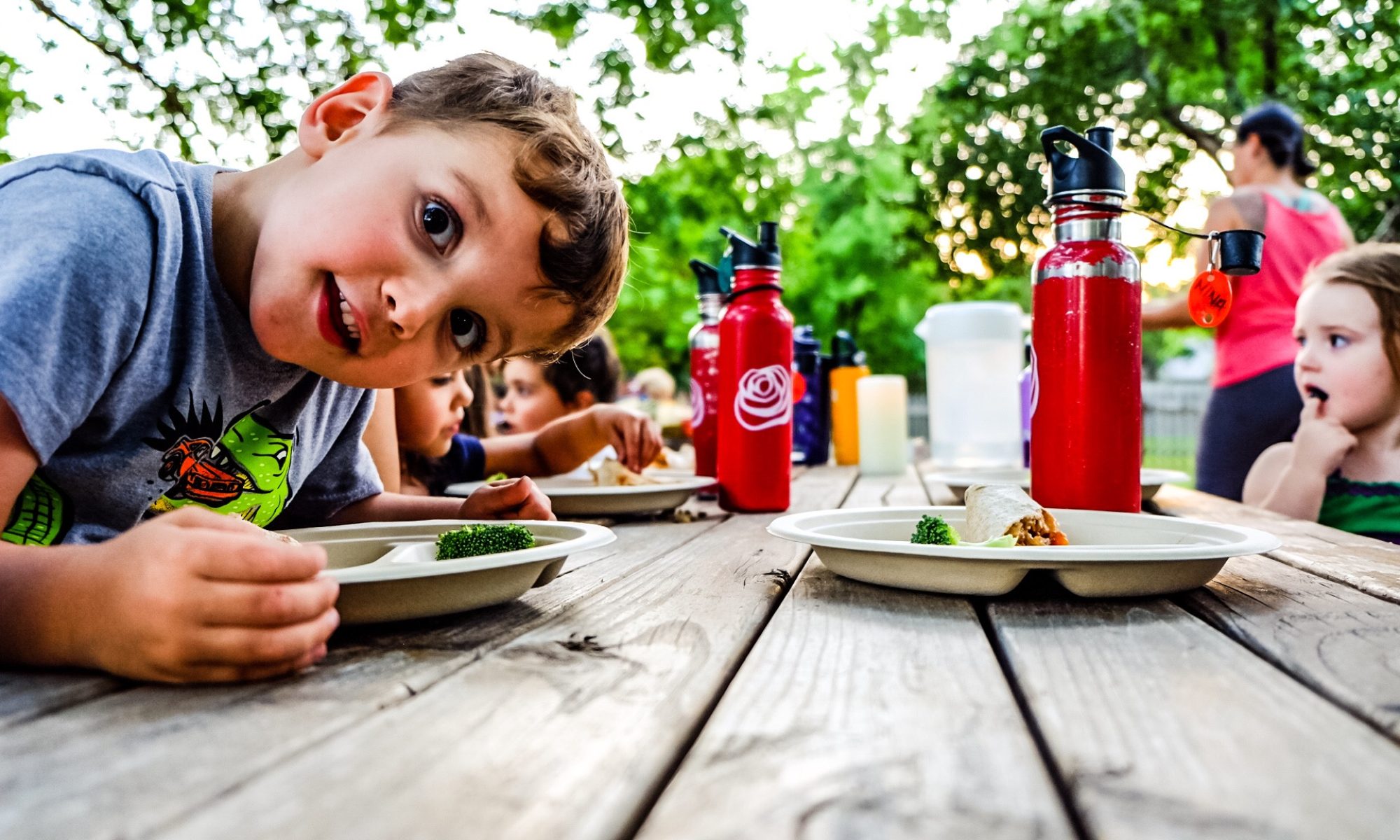 We recently came across an article posted to the website of the Stanford Graduate School of Education about some recent studies that give significant weight to the argument for a delayed start for kindergarten. It’s not a new revelation that kindergarten is the new first grade. Some veteran teachers even venture to say it’s more like first grade and a half. The hefty academic, behavioral, and social expectations that are placed on these five-year-olds makes headlines for good reason. Many teachers, researchers, and parents have reached the point of questioning whether these “standards” are truly preparing young children for a healthy academic career and whether these expectations are serving their development at all.
We recently came across an article posted to the website of the Stanford Graduate School of Education about some recent studies that give significant weight to the argument for a delayed start for kindergarten. It’s not a new revelation that kindergarten is the new first grade. Some veteran teachers even venture to say it’s more like first grade and a half. The hefty academic, behavioral, and social expectations that are placed on these five-year-olds makes headlines for good reason. Many teachers, researchers, and parents have reached the point of questioning whether these “standards” are truly preparing young children for a healthy academic career and whether these expectations are serving their development at all.
It is due time that more studies are being conducted to explore all of this and shine a light the fast-track life that is waiting for our children once they turn five. Here, at Rose Rock School, we find that five- to six-year-old children often benefit greatly from a Kindergarten experience that protects their childlike impulses and nurtures their growing sense of self, rather than hurrying their cognitive development. We can note a plethora of reasons why parents may consider waiting to expose their children to the rigorous academic standards and social expectations that schools reserved for First to Second graders in the not-so-distant past.
We have noticed that our five- to six-year-old students have the opportunity to experience a feeling of mastery before moving on to a new and more formal style of education, when they enter First Grade. They are strong and confident from previous years of attending at Rose Rock, and they both consciously and unconsciously lead their younger peers by example. They help the younger children understand rules of conduct, both school rules (Once you set a toy down, someone else has the opportunity ask to play with it.) and life rules (Hurting a person’s feelings on purpose is harsh and unwelcome). They also possess and display masterful skills of daily life. They show the younger children how to set the table, bring food from the kitchen, put on their shoes, watercolor without making a mess, resolve an argument, and listen to instructions. The list can go on and on, and all of these skills that they demonstrate to younger children give them a sense of confidence and self possession that, from our perspective, is beyond value and outside standardized measurements.
 As our oldest students leave Rose Rock, they will have a confidence in their abilities that will serve them strongly as they become some of the youngest and newest students entering First grade in a big, different school. As adults, we are continually given opportunities to be the humble “apprentice” steeped in learning and the self-assured leader that shares knowledge and experience with others. Why not give our children this spectrum of learning to leading experience, as well? At Rose Rock, we see little value in urging a child through a developmental threshold that they have yet to master, when damage to their inner security could be a possible cost.
As our oldest students leave Rose Rock, they will have a confidence in their abilities that will serve them strongly as they become some of the youngest and newest students entering First grade in a big, different school. As adults, we are continually given opportunities to be the humble “apprentice” steeped in learning and the self-assured leader that shares knowledge and experience with others. Why not give our children this spectrum of learning to leading experience, as well? At Rose Rock, we see little value in urging a child through a developmental threshold that they have yet to master, when damage to their inner security could be a possible cost.

